Journal #10: Odds and Ends
by Miles Raymer
Experience has taught me that any writing enterprise, if neglected for too long, will begin to suffer from an excess of mental material. This tends to reduce both the quality and frequency of specific details that typically characterize clear and informative prose. I sit down today knowing that I crossed into such territory at least two weeks ago, perhaps longer. Too many individual moments have passed, congealing together with the excessive festivities of the holidays, for me to feel confident in the project of recording any salient progress with the kind of expedience I typically shoot for.
Were I to attempt an explanation for each little project and development since my last journal, I would find myself rooting in this chair before long. Worse still, I would bore anyone charitable enough to be reading these words. So I shall attempt to give a cursory overview of relevant highlights from the last few weeks, while trying to avoid listing them in an overly perfunctory fashion.
Just before Christmas, I was fortunate to learn yet another useful skill from Jesse Alm, a friend who has of late proven himself not only a purveyor of excellent company, but also a repository of all kinds of useful knowledge for an amateur farmer. Jesse recently began roasting his own coffee, and he kindly offered to teach Ma and I how it’s done. Like many home-roasters, Jesse uses a popcorn popper as a roaster. His weapon of choice is the 1200W West Bend Poppery II, a very popular model amongst folks who get their unroasted beans from Sweet Maria’s, an Oakland-based company that buys directly from growers around the world and makes green coffee beans available to customers far and wide. It takes just a few minutes to roast 1/2 cup of coffee. Ma and I enjoyed learning how to tell the difference between light, medium and dark roasts––a skill we will only master with a lot more practice. After enjoying Jesse’s lesson, Ma and I decided to find a Poppery II online and put in an order with Sweet Maria’s. So far, we have roasted about 4 pounds of our own coffee, experimenting with different kinds of roasts to suit our tastes. The smell of freshly roasted coffee in the house, not to mention the wonderfully potent aroma released when the beans finally go in the grinder, are great additions to our home. Combined with the satisfaction of housing one more small element of food processing under our own roof, the whole experience has proven satisfactory indeed. And while I’m not sure I’ll ever possess enough “fine taste” to become a home roasting expert, I certainly enjoy trying different levels of roasting and discovering what I like best.
Good coffee has helped fuel me as I go about developing our new garden space, which now contains three new raised beds, two of which are filled with soil and ready to be planted in the spring (kudos to Tyler Kirschner for helping me construct the third bed). After discussing different options with Ma and taking advice from Shail at Tule Fog, I decided to fill the beds with three different substances, distributed in relatively equal proportions. I’m using topsoil taken from beneath the sod we dug up when we leveled the garden space, horse manure from the horses in our rented pastures, and compost purchased from a local grower’s supply store. Ma and I were pleased that two-thirds of the materials came from on-site, so we didn’t mind paying a bit for some premium compost made here in the community. I was especially delighted with the huge numbers of worms I discovered inhabiting our manure pile, thousands of which are now situated to begin filling my new beds with their nutritious castings.
The last thing worthy of report is my ongoing zeal for my internship at Tule Fog Farm. In just a few short months, Tule Fog has proven itself a site of deep learning and emotional resonance. I love working with the animals there, especially the pigs. The more I spend time with the Kunekunes, originally bred by the Maori people in New Zealand to survive solely on grass, the more I adore and respect them. They exhibit far more personality than cows, goats or sheep, and for some reason their insistent oinking never ceases to put a smile on my face, even if I’m feeling tired or downhearted. Also, they sleep in pig-piles that look amazingly cozy.
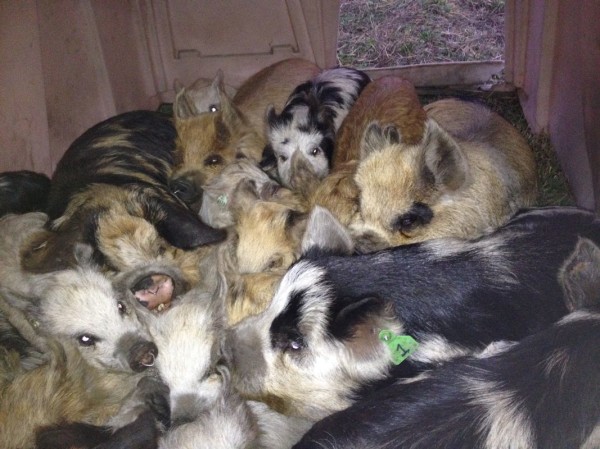
The “aww” factor decreased slightly when I learned that smaller pigs occasionally suffocate and die in the night
Along with my good friend Aki, who visited me for a few days in early January, I had the good fortune to witness a sow giving birth to a litter of piglets. The sow birthed healthy piglets as well as one stillborn, partially-developed fetus as we looked on. A handful of other sows gave birth in that same week, and I witnessed the process by which some piglets thrive while others live barely long enough to pass beyond the trauma of birth.
The whole experience has epitomized a “natural” process, one in which life and death are present at once, pitted in an eternal struggle yet simultaneously indifferent toward one another’s machinations. It’s hard to stand by as a piglet gasps its final small breaths without feeling that biology is somehow destiny, even as environmental factors constantly announce themselves as heralds of providence or devious angels. Thinking about it makes me wish that we all had more opportunities to deal with birth and death, with the fluids, smells, gains and failures of new life. If nothing else, such experiences invariably reveal our own successful births as minor miracles.
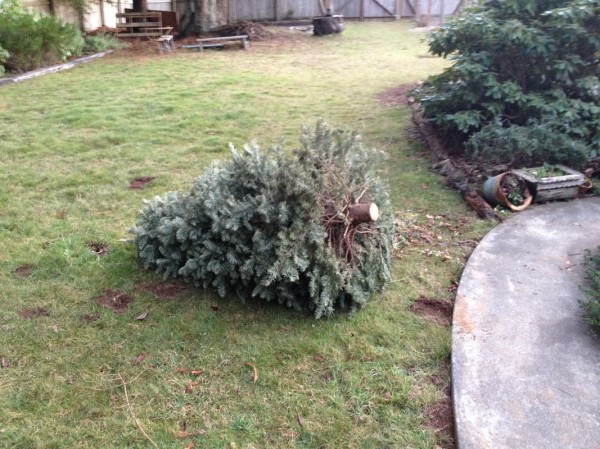
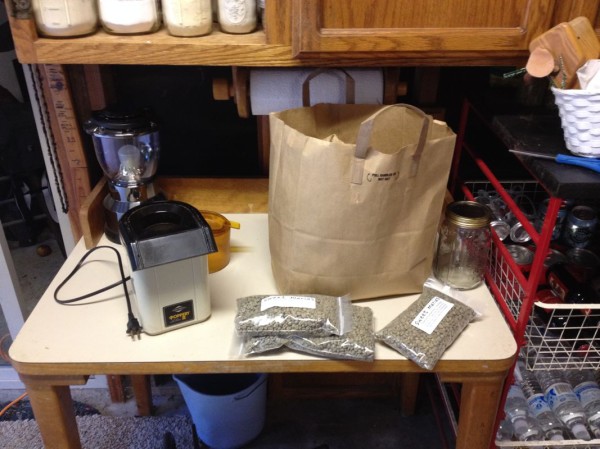
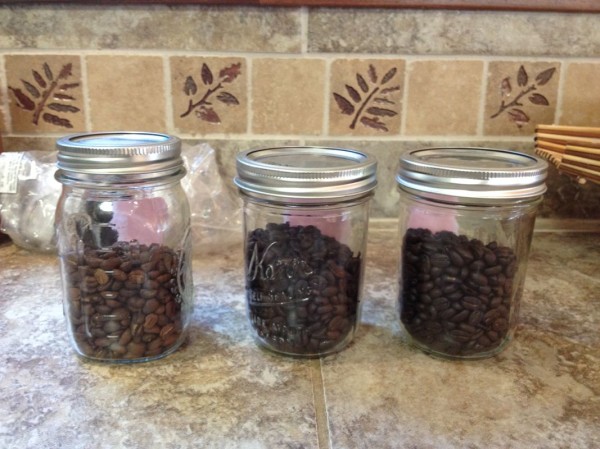
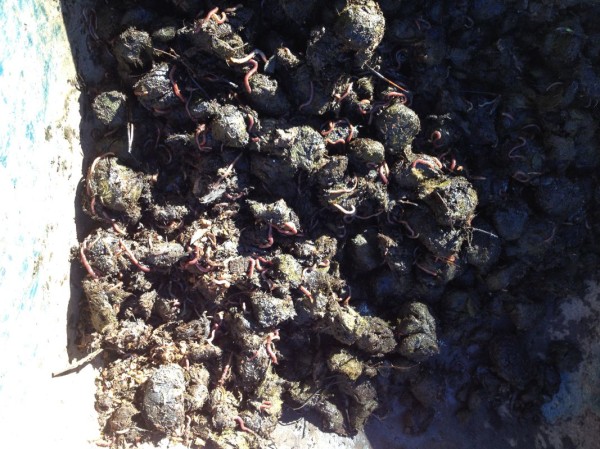
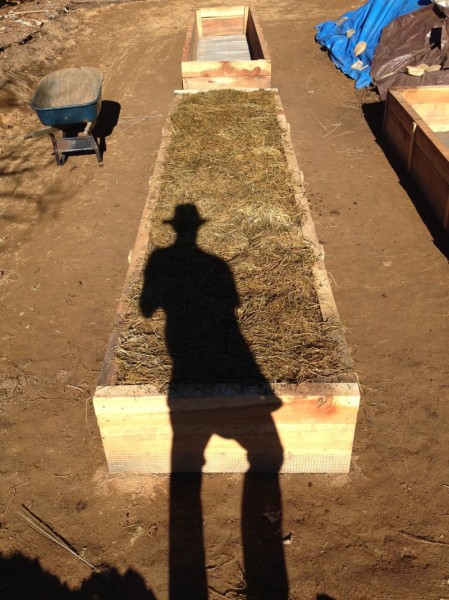
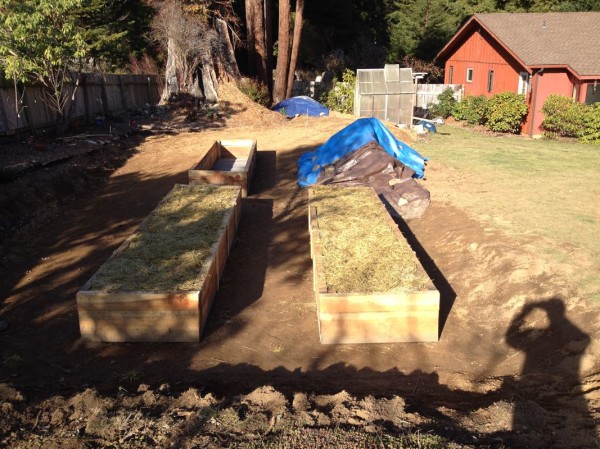
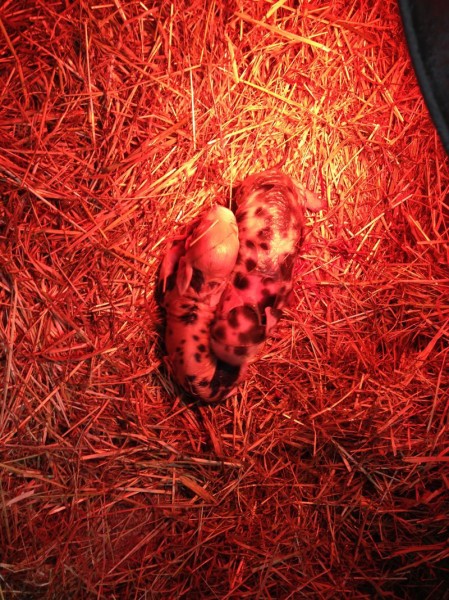
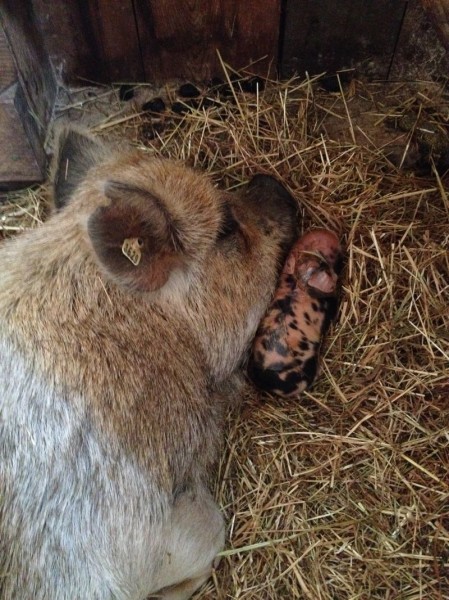
Looking great Miles! Can’t wait to hear how your garden turns out. And those may be some of the cutest damn pigs I’ve ever seen. Give my love to your Ma!
Thanks Dawn! I really appreciate you taking a moment to read this and make a comment. Check back in the spring/summer and we’ll see how the garden shapes up. I’ll pass along your kind words to Ma!